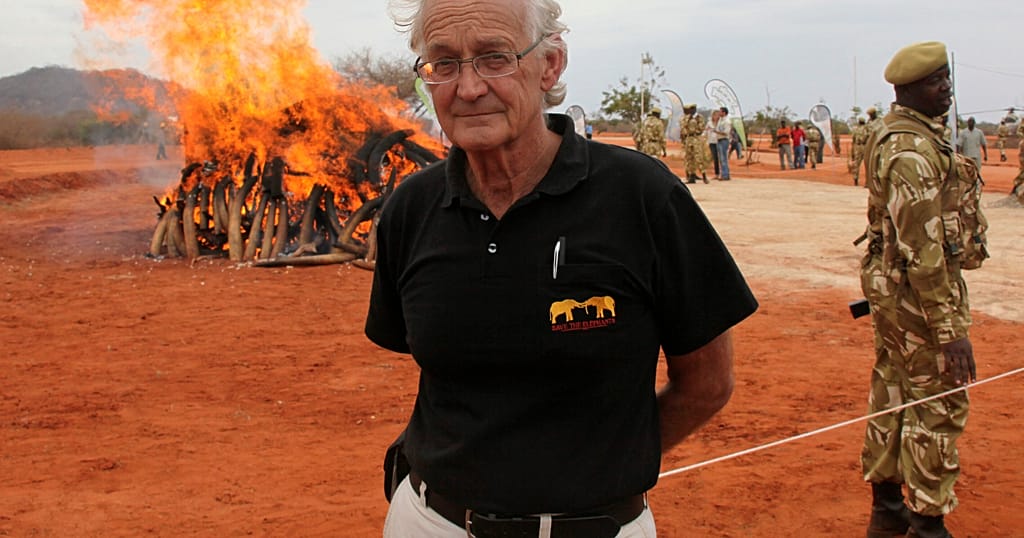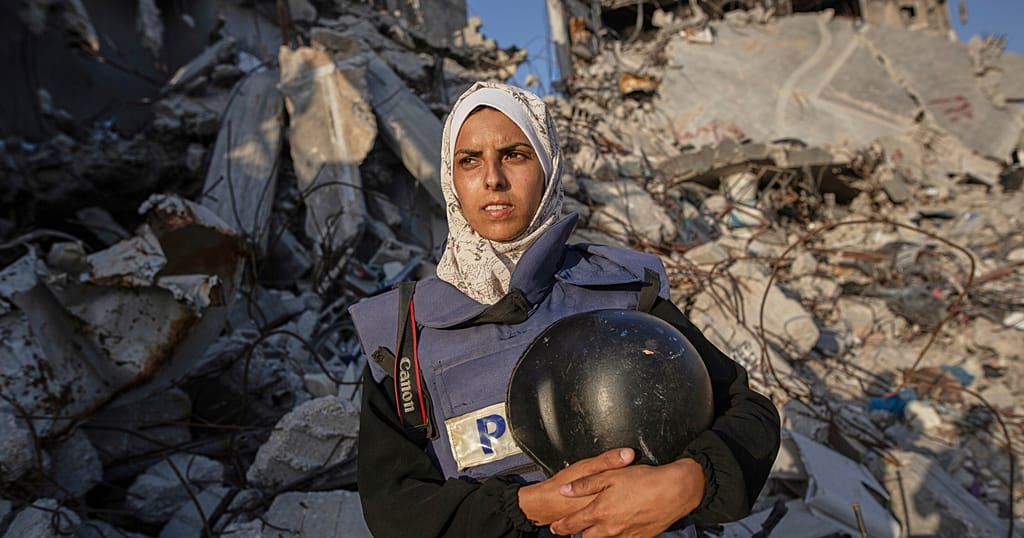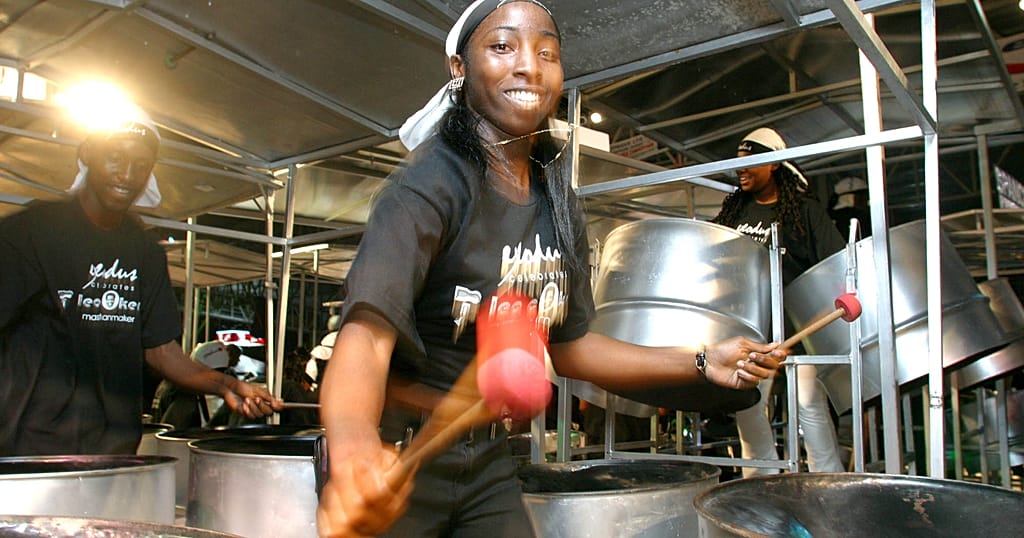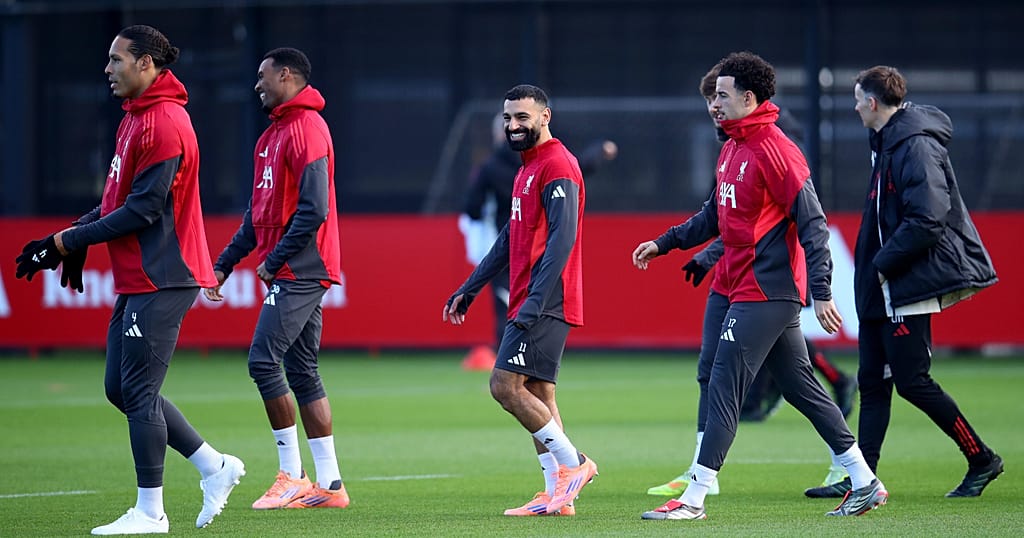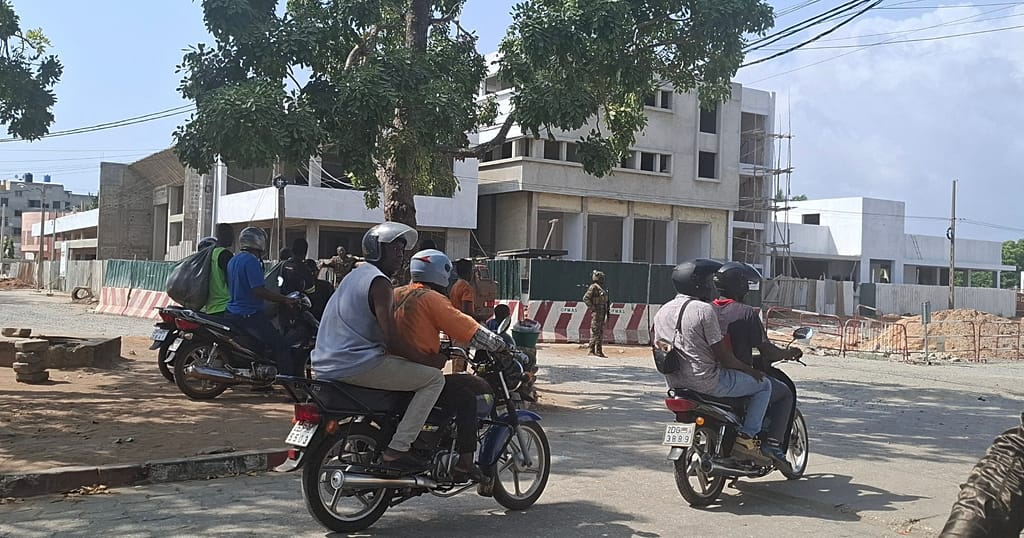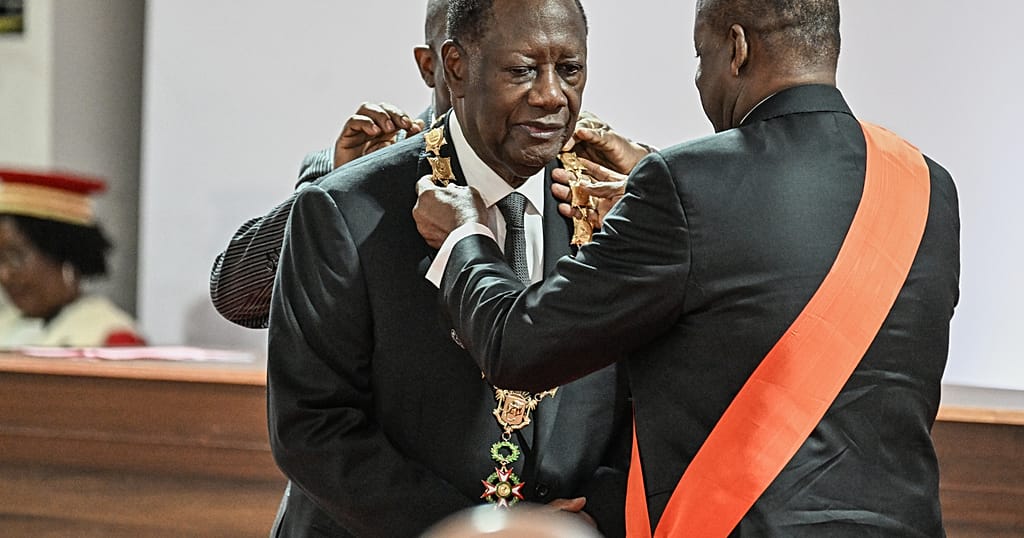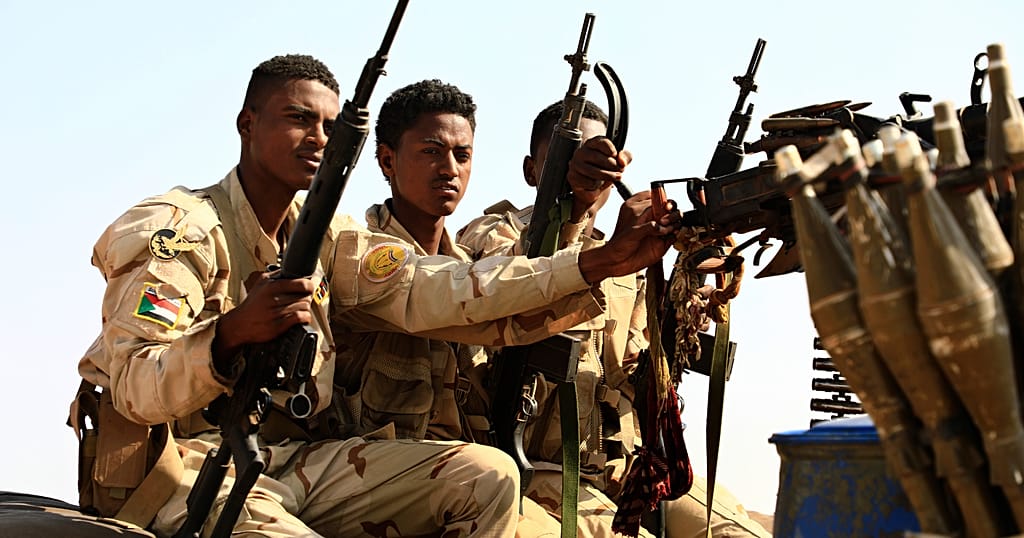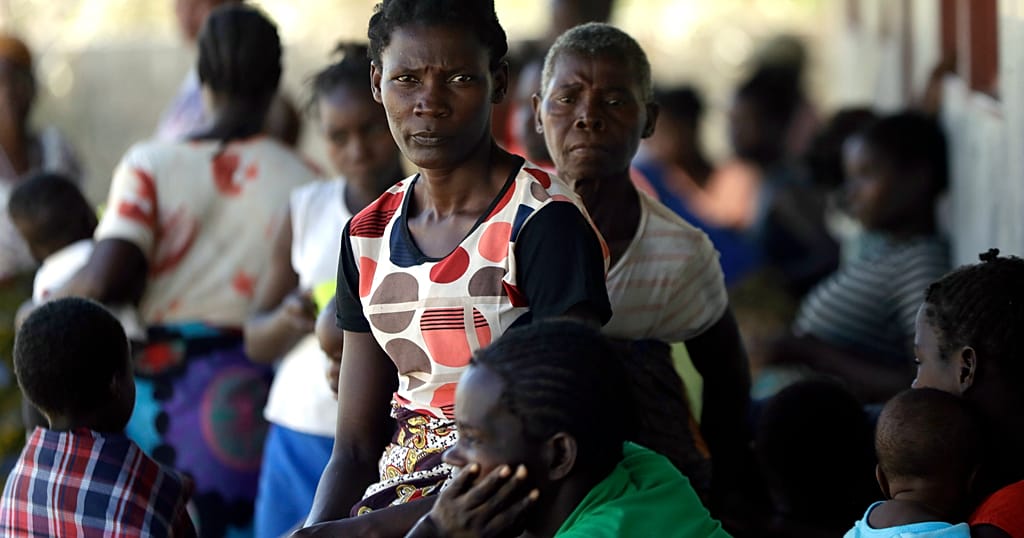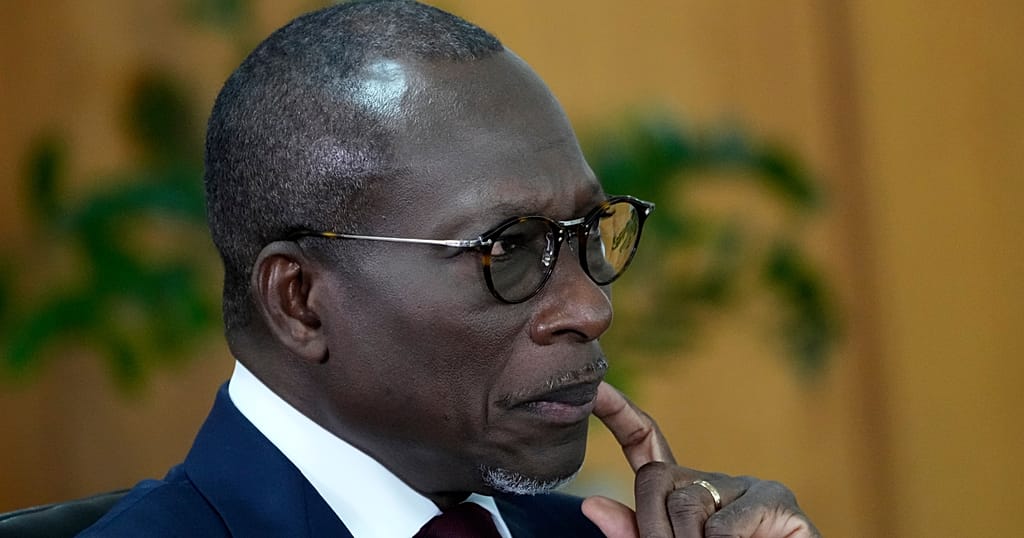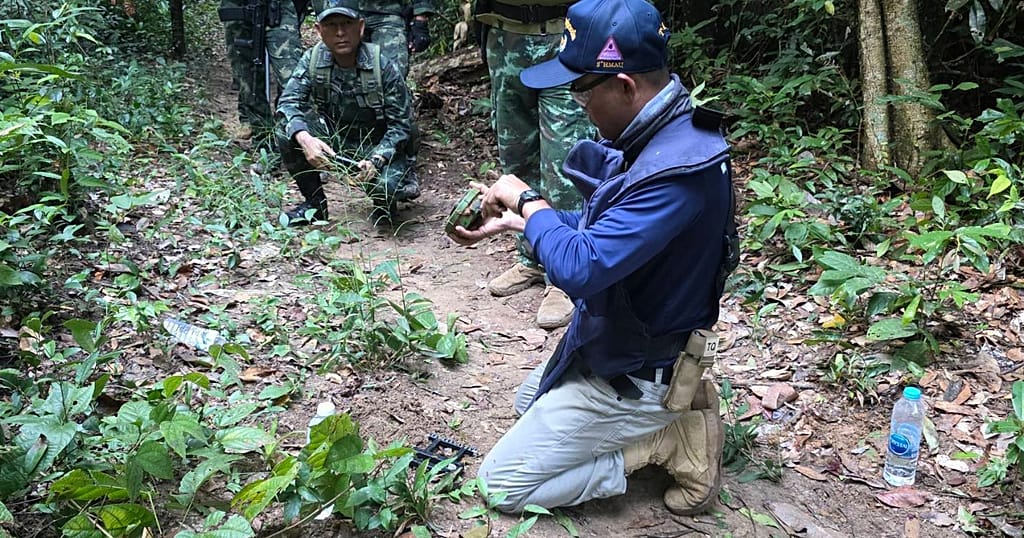Egypt national dialogue marred by wave of arrests
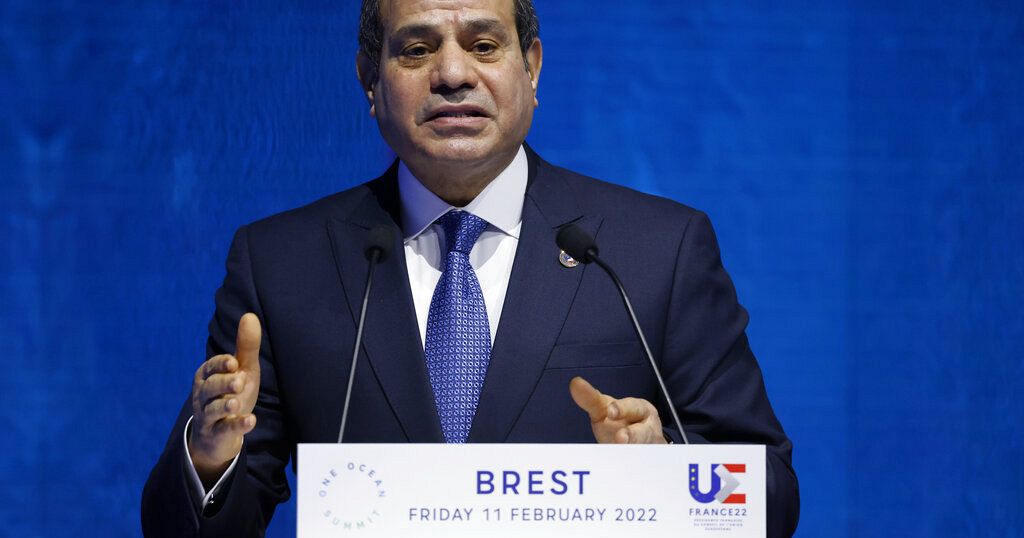
Football supporters jailed, presidential candidates behind bars, human rights activists put on a “terrorist list”… NGOs accuse Egyptian authorities of repression one month into the country’s national dialogue.
Cairo inaugurated its long-delayed “national dialogue” on World Press Freedom Day, promising to give a platform to opposition voices that have been largely silenced since President Abdel Fattah al-Sisi took office in 2014.
Critics have denounced it as a public relations stunt designed to burnish a dismal human rights record.
The launch took place on May 3 and that same morning authorities arrested journalist Hassan el-Kabbany.
He was released later the same day, with dialogue coordinator Diaa Rashwan saying the detention was an unfortunate case of “mistaken identity”.
The public should “distinguish between isolated cases and broader phenomena” such as the opening of space for free expression, Rashwan said.
That same week, police still arrested 16 relatives and supporters of Ahmed al-Tantawi, after the former opposition lawmaker announced he would run in next year’s presidential election.
Sixteen were accused of joining or financing a “terrorist group” along with possession of weapons and publishing material that “undermines public security”, Human Rights Watch said.
Nine others were “kidnapped en route to” his Cairo office, Tantawi said.
Tantawi announced his presidential bid from exile in March, having fled Egypt last year amid reports he faced “security threats”.
An outpoken critic of Sisi, who told a parliamentary session in 2019: “I neither like nor trust the president,” Tantawi said he wanted to offer a “democratic alternative”.
But on May 6, the opposition champion announced he was delaying his return to Egypt because of the threat of prison hanging over relatives and supporters.
Executive pardons committee
The national dialogue is merely a “manoeuvre to appear as if they are trying to start a new page, when in fact they are just trying to improve their image,” Human Rights Watch’s Amr Magdi told AFP.
“There’s really no change at all.”
In the face of persistent criticism of Egypt’s human rights record, Sisi announced plans for the national dialogue in late 2021, followed by the revival of the executive pardons committee in April last year.
Since then, authorities have released 1,000 political prisoners amid much fanfare, but almost 3,000 more have been detained, Egyptian rights monitors said.
In recent weeks, arrests have become more frequent.
On April 22, police detained 20 fans of Al Ahly SC, Africa’s most successful football club, during a home game in Cairo, the Egyptian Front for Human Rights (EFHR) said.
The club’s ultras played a central role in the 2011 uprising that toppled long-time leader Hosni Mubarak and have been consistently targeted by authorities.
Cairo’s Al Ahly SC is Africa’s most successful football club, but its ultras played a central role in the Arab Spring uprising of 2011 and are a frequent target for arrest by Egyptian authorities.
Calls for fans to burn their supporters’ cards and boycott subsequent matches prompted 39 more arrests, the EFHR said.
Police alleged that those detained “belong to the terrorist ultras group” and intended to “vandalise the Cairo stadium”, the EFHR added.
New ‘rehabilitation centers’
Authorities decline to release specific figures but human rights groups estimate that tens of thousands of political prisoners languish in Egypt’s jails.
In 2022, at Badr prison alone, judges approved nearly 99 percent of more than 25,000 applications to keep defendants in custody pending trial, EFHR said.
Human rights groups have repeatedly criticised what they call a “revolving door” justice system in Egypt, in which prisoners nearing the maximum two years’ on remand face new charges to keep them in detention.
Authorities have opened new “rehabilitation centres” in recent years, hosting libraries, workshops and food processing plants.
The sprawling desert complexes are supposed to replace older prisons, where rights groups say inmates face chronic overcrowding.
So far this year, 14 inmates have died in custody, at least five of them in rehabilitation centres, monitors say.
Authorities refuse to release specific figures but rights groups estimate tens of thousands of political prisoners languish in Egypt’s jails.
“There will be no free and fair election,” HRW’s Magdi said.
“People are being arrested for Facebook posts, let alone running for election.”
On April 14, NGOs discovered on the state’s bulletin that among 81 new Egyptian additions to the “terrorist list” many were members of the groups.
They will be banned from travelling and accessing their bank accounts for the next five years.
Source: Africanews



